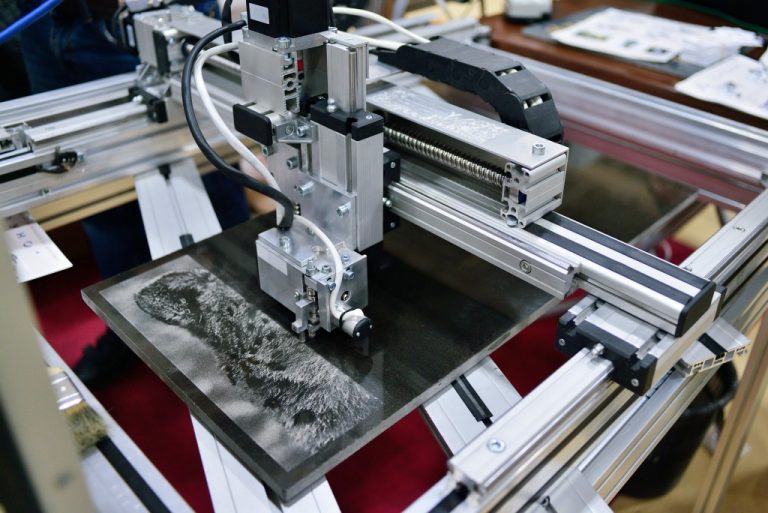Small business owners usually lack the capital to invest in company vehicles immediately. As a result, they would use their personal car for business purposes instead. This is because using their own car is more convenient and saves them money on gas and vehicle maintenance.
There are many benefits to using your personal car for business. Some of the perks of using your vehicle for your business are as follows:
- Avoid the hassle of applying for a business loan to purchase company vehicles
- You don’t have to waste time learning how to use a new car
- Write off your vehicle expenses on your taxes
Business use of personal cars is beneficial for home-based businesses, online businesses, or businesses with a small operating territory. But before you use your vehicle for your business, there are things you ought to know first. The following tips will help you maximize using your personal car for business while keeping it in tip-top condition.
Keep a Detailed Log of Your Vehicle Expenses
One thing you should never skip doing is maintaining a detailed log of all your vehicle expenses. This includes the date, time, purpose, destination, and mileage of your business trips. Keeping an accurate record would help you save a lot come tax season.
You can use a simple notebook to jot down your business trips. You can also use gas tracking apps that will automatically keep track of your vehicle. Have the app running every time you use your car for business.
Aside from this, it would also be helpful to have a separate credit card for all your business-related vehicle expenses. This will make it easier for you to keep track of your spending.
Invest in Regular Maintenance and Repairs
If you frequently use your car for business, get it serviced regularly. This will help prevent any mechanical issues that might arise and disrupt your work schedule. Doing so will also prolong the lifespan of your car.
It helps to have a go-to local mechanic check on your car for any potential problems. They can help you keep your vehicle in good condition while also giving tips on properly maintaining it. And if your car needs repair, don’t waste time by allowing the experts to take care of it.

You also have the option to hire mobile auto care technicians to repair and maintain your car when you’re too busy. For instance, you can go for a mobile oil change service, and the experts will come to your car’s location to inspect your car, replace your oil, and clean up afterwards. It would be best to find mobile auto care technicians who can also offer mobile brake and tire replacement services. This is a convenient way to ensure you’re on top of your car maintenance without putting a dent in your work schedule.
Get the Right Insurance for Your Car
You may already have insurance for your personal vehicle. But since you’ll be using it for business purposes, it only makes sense to buy commercial car insurance. This will help cover any damages or losses that may happen while you’re using your personal car for business.
Some car insurance companies offer business car insurance for an additional fee. But there are also insurance companies that specialize in providing commercial car insurance for small businesses. Talk to your car insurance provider and see if they offer this type of insurance. If not, it’s time to start shopping for a new one.
When looking for the right car insurance, compare different policies and see which would work best for your business. Consider the type of business you have, the frequency of your business trips, and the value of your car. Once you’ve found the right insurance policy, read the fine print, so you know what’s covered and what’s not.
For example, you use your car to transport goods or services. In this case, you’ll need a commercial auto insurance policy covering carrying cargo. Ensure that the policy you’re getting covers the type of business you’re in and the risks that come with it.
Know How To Maximize Tax Deductions
If you use your personal car for business, you can get tax deductions for the expenses you incur. But to do this, you need to remember the first tip, which is keeping a detailed log. This includes fuel, parking fees, and toll charges. You can also deduct depreciation costs, leasing payments, interest on auto loans, and car insurance fees.
It would be best to consult with a tax advisor to maximize your tax deductions. They can help you determine which deductions you’re eligible for and how to file your taxes properly. This will also make it easier for you to keep track of your spending and get reimbursed by your company.
According to the Internal Revenue Service, you can only deduct the costs of using your car for business. This means if you use your car for business 80% of the time, you can only deduct 80% of your expenses.
If you frequently use your personal car for business, it’s important to take the necessary steps to protect your investment. This includes getting the right insurance, maintaining your vehicle, keeping a logbook detailing your business-related car expenses, and knowing how to maximize tax deductions. By following these tips, you can avoid any problems and keep your car in good condition.






